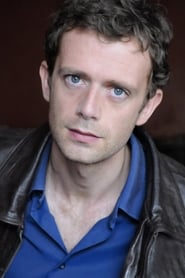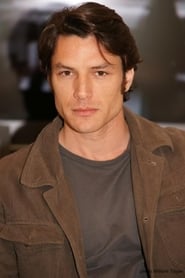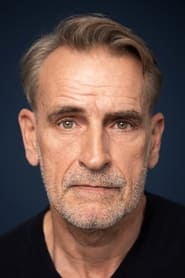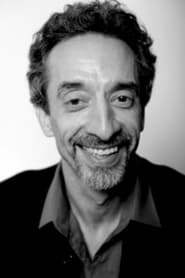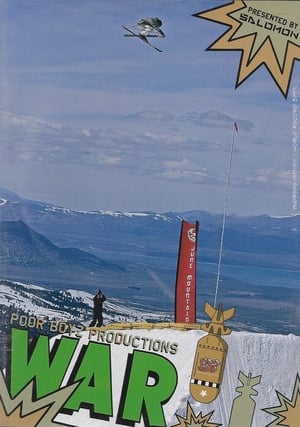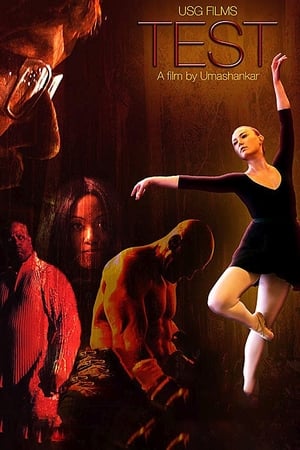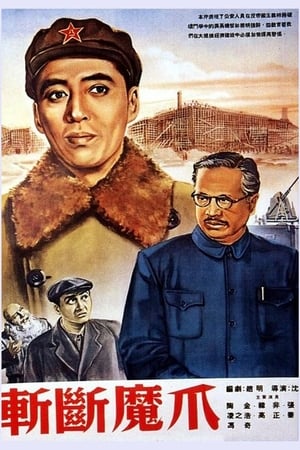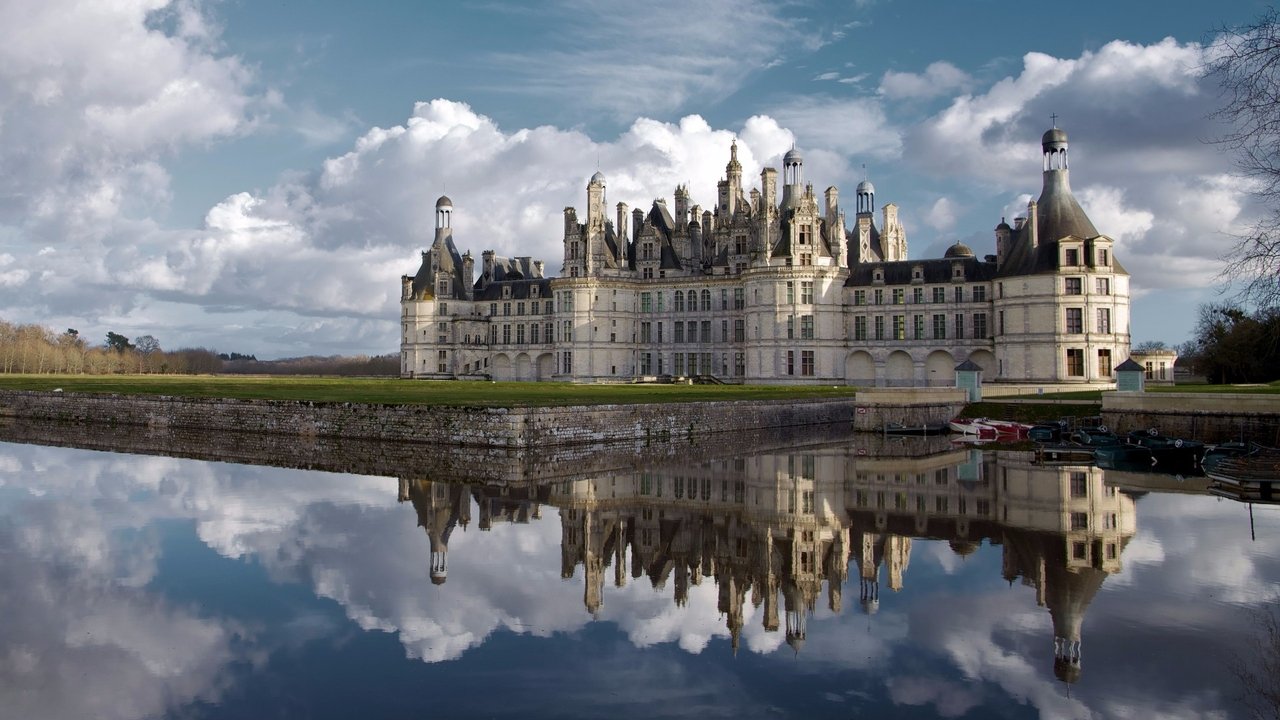
Chambord: The Castle, the King and the Architect(2015)
Chambord, the most impressive castle in the Loire Valley, in France, a truly Renaissance treasure, has always been an enigma to generations of historians. Why did King Francis I (1494-1547), who commissioned it, embark on this epic project in the heart of the marshlands in 1519? What significance did he want the castle to have? What role did his friend, Italian genius Leonardo Da Vinci (1452-1519) play? Was he the architect or who was?




Movie: Chambord: The Castle, the King and the Architect
Top 10 Billed Cast
Charles Quint
Anselme
Self
Self
Self
Self
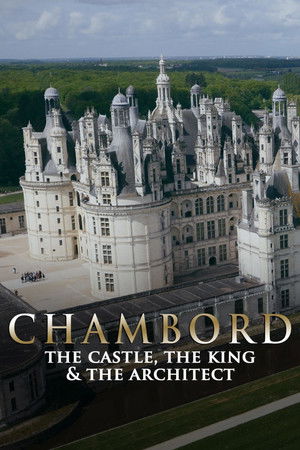
Chambord : le château, le roi et l'architecte
HomePage
Overview
Chambord, the most impressive castle in the Loire Valley, in France, a truly Renaissance treasure, has always been an enigma to generations of historians. Why did King Francis I (1494-1547), who commissioned it, embark on this epic project in the heart of the marshlands in 1519? What significance did he want the castle to have? What role did his friend, Italian genius Leonardo Da Vinci (1452-1519) play? Was he the architect or who was?
Release Date
2015-12-05
Average
8
Rating:
4.0 startsTagline
Genres
Languages:
FrançaisKeywords
Recommendations Movies
 7.0
7.0Spring(ru)
This is a story about a city guy Nikolai, who will have to go instead of his friend on a rural business trip. A series of funny events, meetings and the beauty of the Yakut village encourage Nikolai to make an important decision in his life…
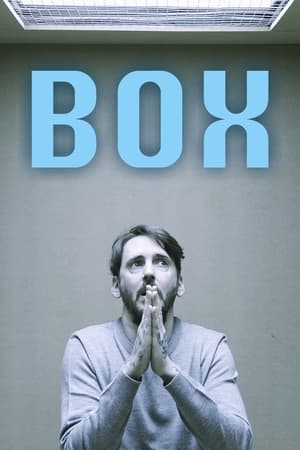 6.2
6.2Box(en)
The execution was scheduled and the last meal consumed. The coolness of the poisons entering the blood system slowed the heart rate and sent him on the way to Judgement. He had paid for his crime with years on Death Row waiting for this moment and now he would pay for them again as the judgment continued..
 9.5
9.5Change(en)
Adam Ondra has been considered the best climber in the history of climbing for several years now. Even though he is only 19. Despite the fact that he is studying at a demanding grammar school, he is maybe the most traveling and definitely the most watched climber of today. It is almost an impossible task to combine and manage top sporting performances on the rocks, a difficult studying and the never ending carousel of competitions, interviews, festivals and slide-shows. Adam is taking his A level exams in a few weeks. Even though he is a top student, he decides not to go to university. Instead, he and 3 of his friends are setting on a long journey to the unknown north of Europe. Remote areas of Norway and Sweden are hiding some undiscovered climbing and natural treasures. The first really FREE journey beyond the limits of human possibilities may begin...
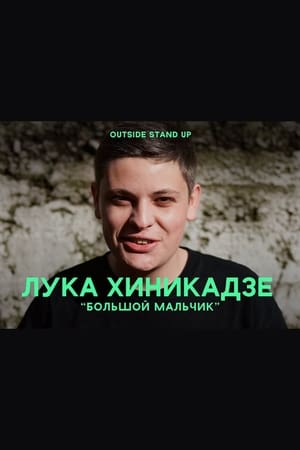 5.0
5.0Luka Khinikadze: Adult Boy(ru)
Luka Khinikadze about age and appearance, dog, girlfriend and ecology, as well as about khinkali, Saakashvili and Georgian love.
 7.6
7.6The Boy Foretold By the Stars(tl)
The Boy Foretold By The Stars is a romantic comedy movie about two senior high school boys who, through the help of a fortune-teller, find each other at an optional school retreat called Journey with the Lord.
 5.7
5.7Qwerty(en)
Conglomerated Assets, a brokerage firm is sinking fast as its CEO checks out and leaves the company to his inept film school drop out son. Enter Quincy, Waverly, Erica, Rudy, Tina and Yasmine. Team QWERTY--six sexy secretaries that must save the day.
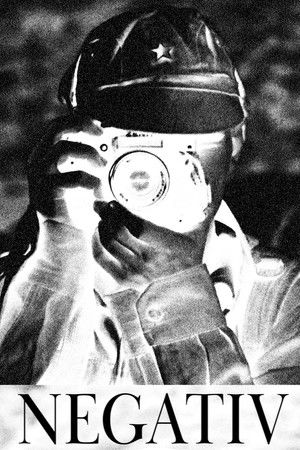 8.0
8.0Negativ(ru)
A photographer during the Soviet-Afghan war becomes obsessed with a mysterious figure that appears in his images every time the person photographed dies.
 10.0
10.0A Good Story(de)
A woman offers to pay an exorbitant amount for a beat up old jug in an antique store, but the owner says he will only part with it if she tells him a good story about herself.
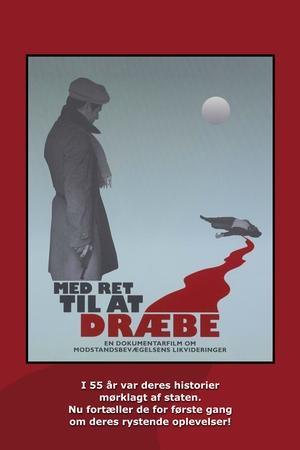 6.6
6.6With a Right to Kill(da)
This documentary looks at the Danish resistance movement's execution of 400 informers during the Nazi occupation and the ensuing cover-up.
 7.0
7.0Strawberry Shortcake: Puttin' On the Glitz(en)
Fabulous new fashions, sparkling musical ‘Glamicures’ and delightful new ‘Do’s” have Strawberry and her friends ‘Puttin’ on the Glitz’! But, all that dazzles quickly unravels with misunderstanding… until the girls find creative and kind ways to be honest with their feelings… and with their friends. It’s heart-to-heart makeover magic… as the girls learn that nothing looks as beautiful as friendship feels!
H C London Presents Business English Weekends(en)
H C London Presents Business English Weekends is a story about teacher and student
Similar Movies
 7.5
7.5Brasilia, Contradictions of a New City(pt)
In 1967, de Andrade was invited by the Italian company Olivetti to produce a documentary on the new Brazilian capital city of Brasília. Constructed during the latter half of the 1950s and founded in 1960, the city was part of an effort to populate Brazil’s vast interior region and was to be the embodiment of democratic urban planning, free from the class divisions and inequalities that characterize so many metropolises. Unsurprisingly, Brasília, Contradições de uma Cidade Nova (Brasília, Contradictions of a New City, 1968) revealed Brasília to be utopic only for the wealthy, replicating the same social problems present in every Brazilian city. (Senses of Cinema)
 7.0
7.0The Sound of Identity(en)
In the spotlight of global media coverage, the first transgender woman ever to perform as Don Giovanni in a professional opera, makes her historic debut in one of the reddest states in the U.S.
 0.0
0.0Paris l'éternel(fr)
A legendary city everyone dreams of visiting, Paris has retained all its authenticity, resembling more a collection of villages rather than one major metropolis. From the Eiffel Tower to Notre Dame de Paris, we discover the French capital's most emblematic monuments, and the vibrant life of its boulevards
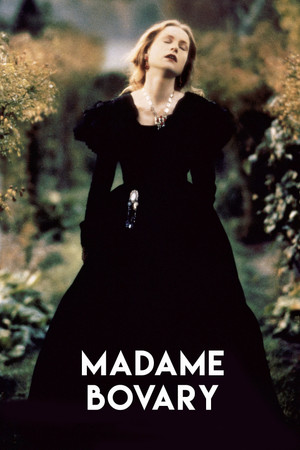 6.3
6.3Madame Bovary(fr)
Bored with the limited and tedious nature of provincial life in 19th-century France, the fierce and sensual Emma Bovary finds herself in calamitous debt and pursues scandalous sexual liaisons with absolute abandon. However, when her volatile lifestyle catches up to her, the lives of everyone around her are endangered.
 5.7
5.7Untold: The Murder of Air McNair(en)
Steve McNair was an NFL legend whose life was seemingly cut short by a crime of passion. Is there more to this chilling tragedy than meets the eye?
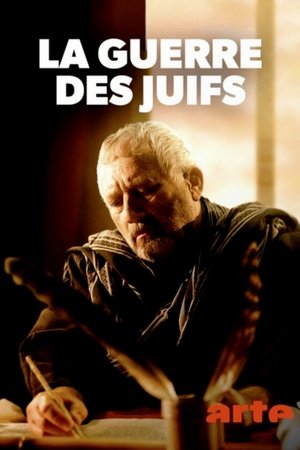 7.0
7.0The Jewish-Roman Wars(de)
In the first century, after the death of Herod the Great, Judea goes through a long period of turbulence due to the actions of the corrupt Roman governors and the internal struggles, both religious and political, between Jewish factions, events that soon lead to the uprising of the population and a cruel war that lasts several years and causes thousands of deaths, a catastrophe described in detail by the Romanized Jewish historian Titus Flavius Josephus.
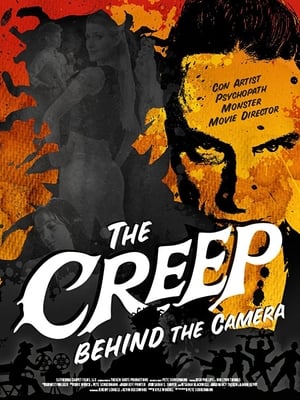 5.4
5.4The Creep Behind the Camera(en)
An exploration of the making of b-movie sci-fi cult classic "The Creeping Terror" and its con-man director Art "A.J." Nelson/Vic Savage.
 8.0
8.0Cologne Cathedral: The French Cathedral on the Rhine(de)
An exploration of Cologne Cathedral, an emblematic monument and world heritage site. The towering place of worship took over 600 years to complete. Once the tallest building in the world, its ornate facade remains a masterpiece of Gothic architecture - and a reflection of the evolution of Franco-German relations.
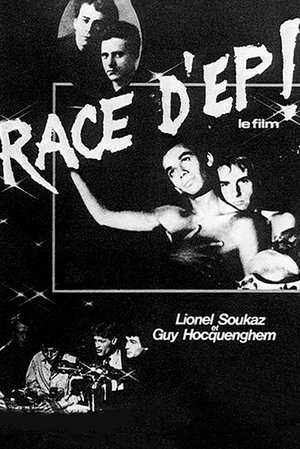 4.8
4.8Race d'Ep!(fr)
"Race d’Ep!" (which literally translates to "Breed of Faggots") was made by the “father of queer theory,” Guy Hocquenghem, in collaboration with radical queer filmmaker and provocateur Lionel Soukaz. The film traces the history of modern homosexuality through the twentieth century, from early sexology and the nudes of Baron von Gloeden to gay liberation and cruising on the streets of Paris. Influenced by the groundbreaking work of Michel Foucault on the history of sexuality and reflecting the revolutionary queer activism of its day, "Race d’Ep!" is a shockingly frank, sex-filled experimental documentary about gay culture emerging from the shadows.
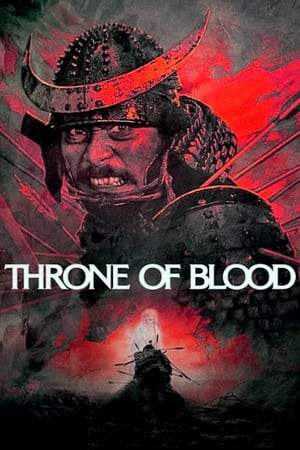 7.9
7.9Throne of Blood(ja)
Returning to their lord's castle, samurai warriors Washizu and Miki are waylaid by a spirit who predicts their futures. When the first part of the spirit's prophecy comes true, Washizu's scheming wife, Asaji, presses him to speed up the rest of the spirit's prophecy by murdering his lord and usurping his place. Director Akira Kurosawa's resetting of William Shakespeare's "Macbeth" in feudal Japan is one of his most acclaimed films.
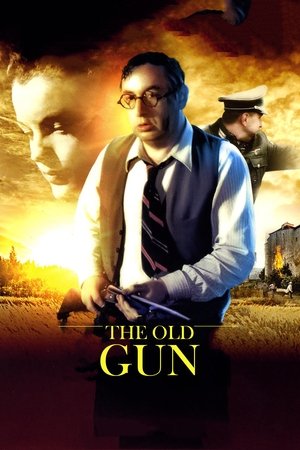 7.5
7.5The Old Gun(fr)
In Montauban in 1944, Julien Dandieu in a surgeon in the local hospital. Frightened by the German army entering Montauban, he asks his friend Francois to drive his wife and his daughter in the back country village where Julien has an old castle. One week later, Julien decided to meet then for the week end, but the Germans are already occupying the village.
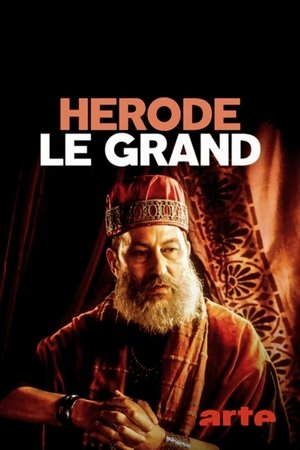 6.5
6.5Herod the Great: The Child Murderer of Bethlehem(de)
An account of the reign of Herod the Great, king of Judea under the rule of the Roman Empire, remembered for having ordered, according to the Gospel of Matthew, the murder of all male infants born in Bethlehem at the time of the birth of Jesus, an unproven event that is not mentioned by Titus Flavius Josephus, the main historian of that period.
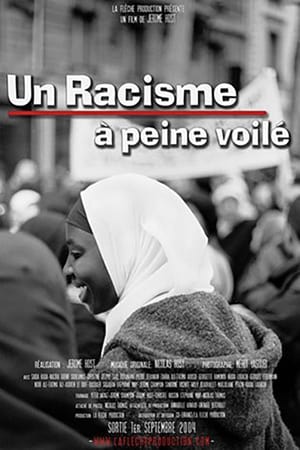 5.2
5.2Un racisme à peine voilé(en)
October 2003, Alma and Lila Levy are excluded from the Lycée Henri Wallon in Aubervilliers solely because they were wearing a headscarf. What follows is a deafening political and media debate, justifying in most cases the exclusion of girls wearing head-scarves to school. February 2004, a law was eventually passed by the National Assembly. "A thinly veiled racism" is about this controversy since the affair of Creil in 1989 (where two schoolgirls were excluded for the same reasons) and attempts to "reveal" that maybe what hides behind is the desire to exclude these girls. This film gives them a voice as well as others - teachers, community activists, feminists, researchers - gathered around the group "A School for You-All" fighting for the repeal of this law they consider sexist and racist ... This movie was censured in Septembre 2004 in France.
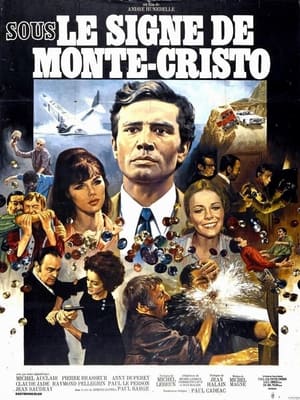 6.3
6.3Sous le signe de Monte-Cristo(fr)
Edmond Dantès, who was active in the resistance against the Nazis, is accused for being a Nazi collaborator and is imprisoned in the fortress of Sisteron.
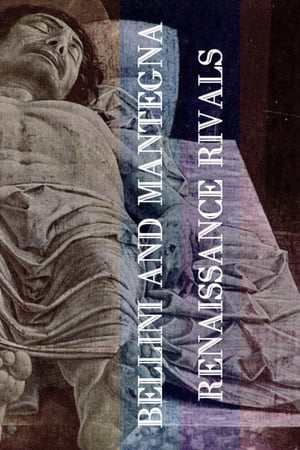 6.0
6.0Bellini and Mantegna: Renaissance Rivals(de)
The mysterious parallel story of Italian painters Andrea Mantegna (ca. 1431-1506) and Giovanni Bellini (ca. 1435-1516), brothers-in-law, public rivals and masters of the early Renaissance.
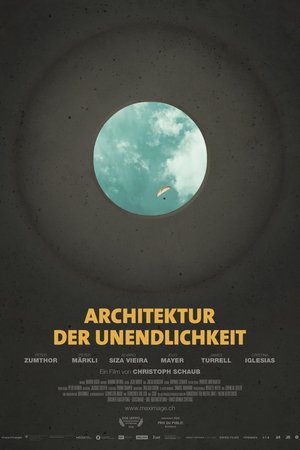 6.0
6.0Architecture of Infinity(de)
How can structures, which take up defined, rigid portions of space, make us feel transcendence? How can chapels turn into places of introspection? How can walls grant boundless freedom? Driven by intense childhood impressions, director Christoph Schaub visits extraordinary churches, both ancient and futuristic, and discovers works of art that take him up to the skies and all the way down to the bottom of the ocean. With the help of architects Peter Zumthor, Peter Märkli, and Álvaro Siza Vieira, artists James Turrell and Cristina Iglesias, and drummer Sergé “Jojo” Mayer, he tries to make sense of the world and decipher our spiritual experiences using the seemingly abstract concepts of light, time, rhythm, sound, and shape. The superb cinematography turns this contemplative search into a multi-sensory experience.
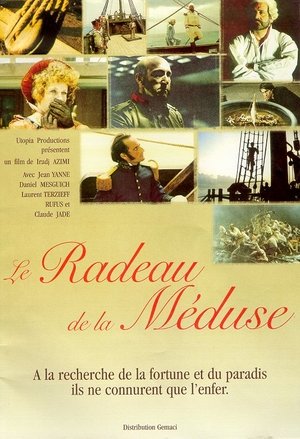 6.3
6.3Le radeau de la Méduse(fr)
Iranian Iradj Azimi directed this French historical drama re-creating events depicted in the famous 1819 painting The Raft of the Medusa by Jean Louis Andre Theodore Gericault (1791-1824). The ill-fated voyage of the frigate Medusa begins when it departs Rochefort for Senegal in 1816. After striking a sandbar off the African coast, 150 civilians row safely to shore, but Captain Chaumareys (Jean Yanne) orders 140 soldiers and sailors onto a raft (minus supplies) and has it cut loose. Only 14 survive from the 140, creating a scandal back in France. Gericault (Laurent Terzieff) later talks to three of the survivors while researching his painting. Work on this film began in 1987, but sets destroyed by Hurricane Hugo caused delays, so the film was not completed until 1990. However, it then remained undistributed until an incident in which writer-director Azimi slashed his wrists in front of French Ministry of Culture officials.
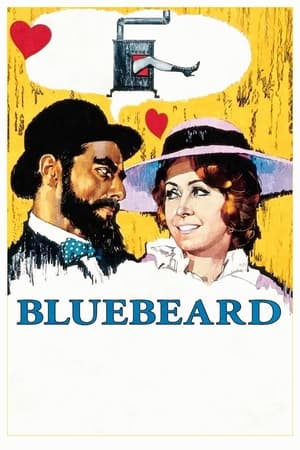 6.4
6.4Bluebeard(fr)
Paris, France, during the First World War. While thousands of soldiers die every day on the battlefields, Henri Landru, a seemingly respectable furniture dealer, married and father of four children, relentlessly feeds his own sinister factory of death.
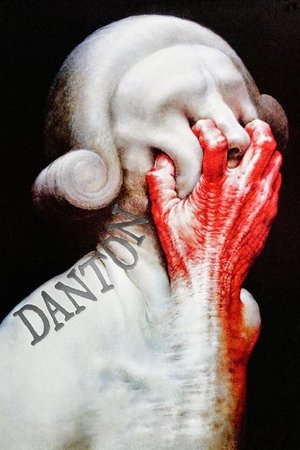 6.9
6.9Danton(fr)
Danton and Robespierre were close friends and fought together in the French Revolution, but by 1793 Robespierre was France's ruler, determined to wipe out opposition with a series of mass executions that became known as the Reign of Terror. Danton, well known as a spokesman of the people, had been living in relative solitude in the French countryside, but he returned to Paris to challenge Robespierre's violent rule and call for the people to demand their rights. Robespierre, however, could not accept such a challenge, even from a friend and colleague, and he blocked out a plan for the capture and execution of Danton and his allies.
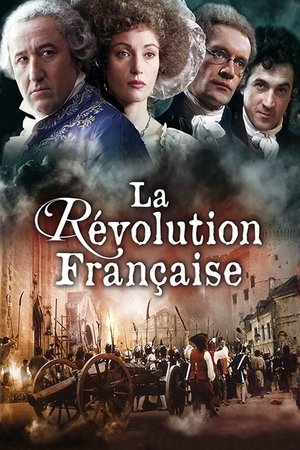 7.5
7.5The French Revolution(fr)
A history of the French Revolution beginning from the decision of the king to convene the Etats-Generaux in 1789 in order to deal with France's debt problem. Part one spans the event until August 10, 1792 (when the King Louis XVI lost all authority and was imprisoned). Part two carries the story through the end of the terror in 1794.
